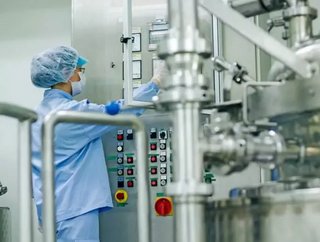Rising US tariffs on Chinese goods could greatly impact the medical sector

The news that the Trump Administration is set to implement steep tariffs from products imported from China will greatly impact the pharmaceutical sector, as well as China’s “Made in China 2025” ambitions, which features medical and technological advances.
In the country’s Trade Agenda and Annual Report Fact Sheet, the US has firmly stated that “under President Trump’s leadership, the United States’ trade policy – like our national security policy – will seek to protect US national interests against hostile policies from China, Russia, or any other countries.”
The news has been met with a fierce response by healthcare and manufacturers alike, at a time when healthcare costs continue to escalate. A 25% tariff on ingredients for essential drugs, such as insulin, alongside antidepressants, vaccines and medical devices, will further drive up manufacturing costs and the pricing of much needed medicines.
Up to 80% of pharmaceutical manufacturing of key ingredients is undertaken outside of the US, mainly in India and China, Bloomberg has reported.
The tariffs will affect up to $50bn worth of Chinese goods each year, leading many businesses to fear a growing trade war between the two countries. A public notice and comment period has been set and a hearing will be launched in May.
See also
- The telehealth market is immature and volatile, but is rich with potential, report finds
- The FDA approves Dexcom’s continuous glucose monitoring system
- Omnicom Health Group acquires Elsevier's Pharma Communications business in Japan
The Chinese Embassy in the United States has already voiced its fury regarding the new tariffs. In a recent statement, the Embassy has said: “unilateralistic and protectionist action” had “gravely violated fundamental principles and values” of the World Trade Organisation.
“It serves neither China’s interest, nor US interest, even less the interest of the global economy
“As the Chinese saying goes, it is only polite to reciprocate.”
The Association for Accessible Medicines, (formerly known as the Generic Pharmaceutical Association), has also responded, stating: “We are assessing the proposed tariff list of pharmaceutical ingredients and products by the US Trade Representative (USTR) and its possible impact on manufacturing costs for affordable, FDA-approved generic and biosimilar medicines.
“We are concerned that the proposed tariffs may lead to increased costs of manufacturing for generics and biosimilars and thus higher prescription drug prices for patients in the US.”






